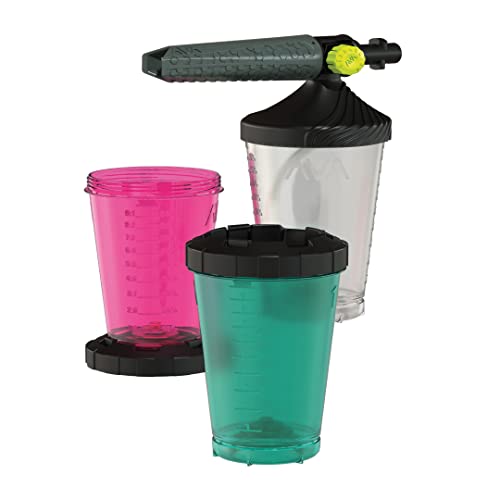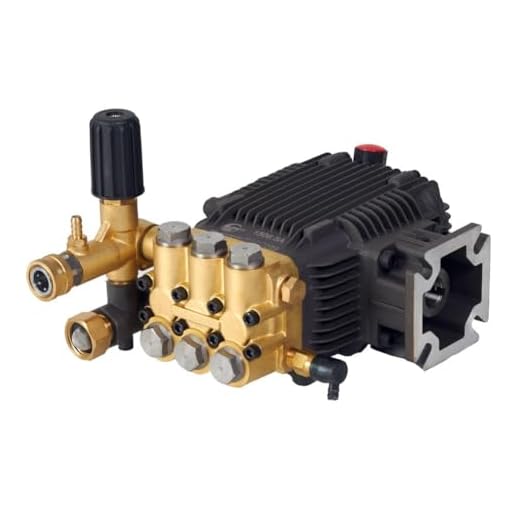


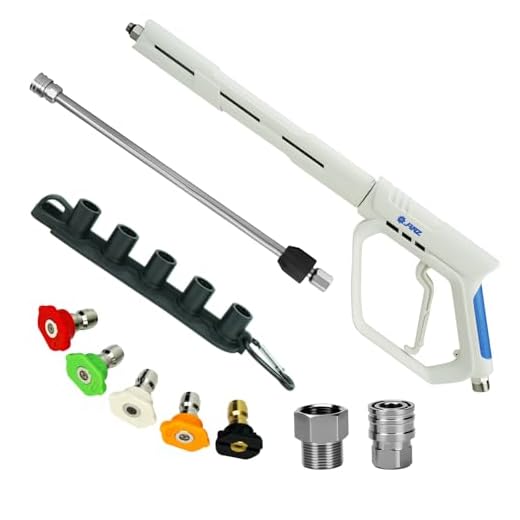
In my extensive experience within the cleaning equipment industry, I’ve found that the most reliable components come from several standout manufacturers. If you’re searching for superior functionality and performance, look at brands like Kärcher, AR (Annovi Reverberi), and Simpson. Each of these manufacturers has honed their craftsmanship, ensuring durable and high-performing units tailored for various cleaning tasks.
Kärcher consistently stands out for its innovative design and robust construction. Their pumps are engineered to deliver impressive water pressure and flow rates, making them suitable for both domestic and commercial settings. When choosing a Kärcher model, consider the specifications that align with your intended applications to maximize efficiency.
On the other hand, Annovi Reverberi offers a range of pumps known for their reliability and long-lasting performance. Their components are often found in many OEM machines, which speaks volumes about their quality. The variety in their product lineup also allows for customization based on specific cleaning needs.
If you’re looking for something exceptionally robust, Simpson’s heavy-duty range is hard to beat. Their pumps are known for handling intense pressure, making them ideal for professional-grade cleaning tasks. Users frequently highlight their longevity and performance under demanding conditions.
Consider these recommendations carefully. Each brand brings unique advantages to the table, ensuring that you can find the right fit for your cleaning challenges.
High-Quality Pressure Cleaning Units
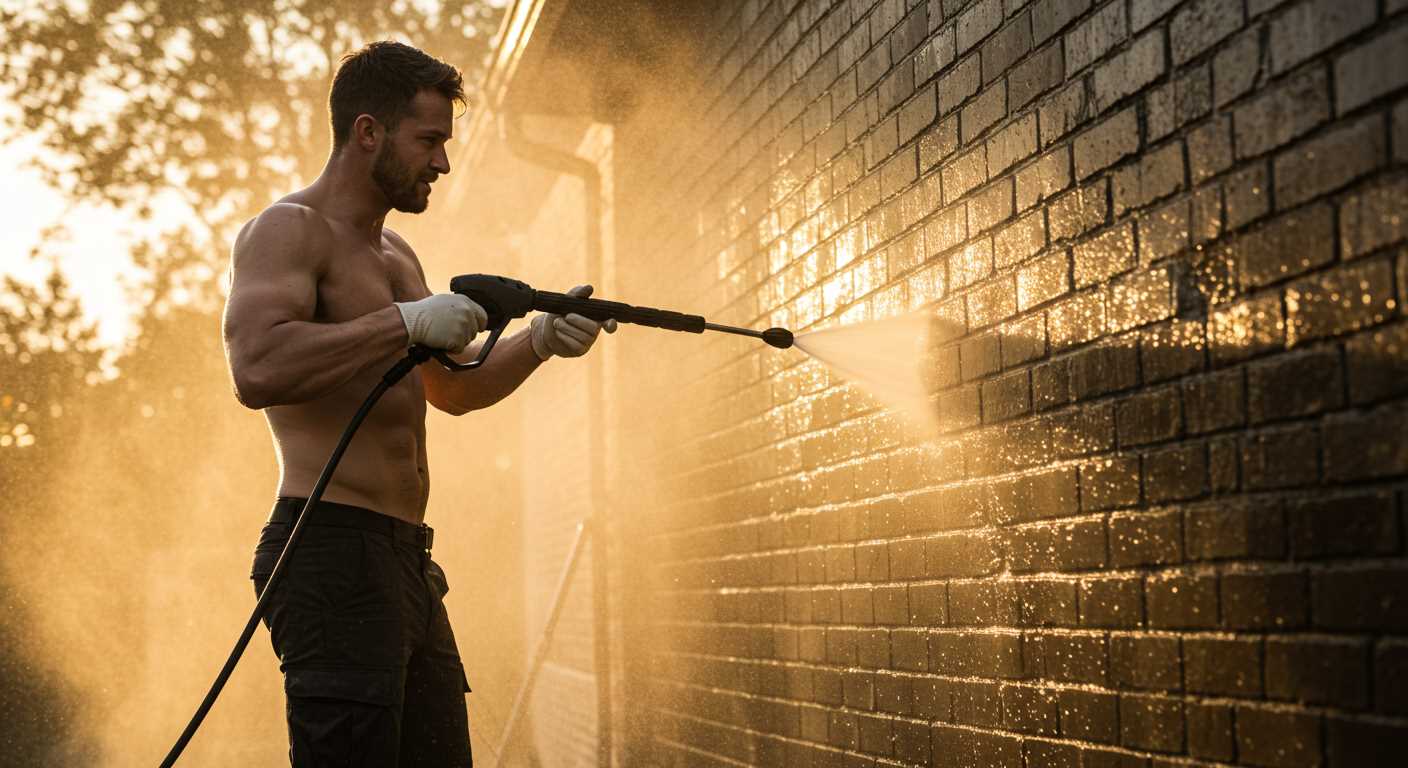
If you need reliable cleaning performance, I highly recommend considering brands like CAT Pumps and General Pump. These manufacturers are known for their durable and efficient designs, often featuring brass heads and ceramic plungers that guarantee longevity and robustness.
CAT Pumps stands out for its advanced engineering. Their models are often preferred for heavy-duty applications, boasting high-pressure ratings that can handle tough grime with ease. Users praise the smooth operation and minimal maintenance required, making them a cost-effective long-term solution.
General Pump is another excellent option, particularly for those looking for versatility. Their units can adapt to various cleaning scenarios, from residential use to commercial tasks. The compatibility with different motor types allows for straightforward integration into existing systems, which is a significant advantage.
For budget-conscious users, brands like Simpson and Ryobi provide commendable alternatives. These options maintain reasonable quality without breaking the bank. Their products cater to those who require occasional use around the home, with user-friendly features making them accessible to the general public.
Before making a decision, assess the intended applications. A high-performing unit designed for industrial tasks might not be necessary for light cleaning duties. Always consider the pressure and flow rates required, as this will directly impact your cleaning effectiveness.
In conclusion, whether you prioritise heavy-duty capabilities or occasional household use, selecting a reputable manufacturer will significantly enhance your cleaning experience. Investing in a quality cleaning mechanism can lead to improved performance and satisfaction in all your cleaning endeavours.
Understanding Different Types of Pressure Cleaner Pumps
For effective outdoor cleaning, understanding the nuances of various pump types is key. The two primary categories are axial and triplex pumps. Each type offers distinct advantages tailored to different cleaning requirements.
Axial Pumps
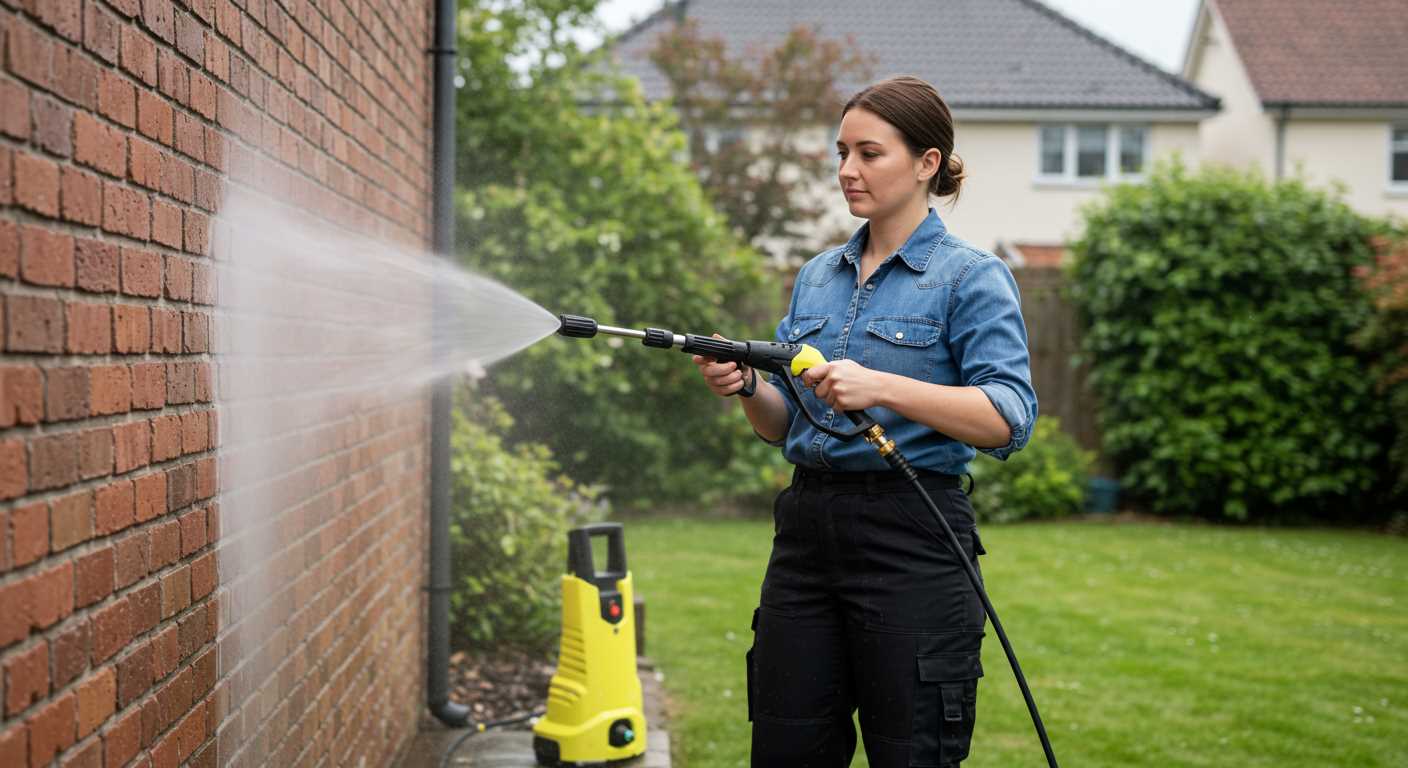
Axial designs are ideal for light-duty applications. These units usually incorporate a direct drive mechanism, providing a simple and cost-effective solution for homeowners. They achieve moderate flow rates, typically ranging from 1,300 to 2,600 PSI, making them suitable for tasks such as car washing and patio cleaning.
Durability is a concern, as axial systems often consist of plastic components with a limited lifespan. If you’re focused on casual cleaning tasks, they might serve you well, but frequent use could lead to quicker wear and tear.
Triplex Pumps
On the other hand, triplex models are engineered for heavy-duty tasks. This pump type features three pistons, allowing for higher pressure outputs, often exceeding 3,000 PSI. Their construction typically involves metal parts, contributing to longer longevity and better resilience against rigorous applications.
Triplex units operate more smoothly and provide a consistent pressure flow, making them well-suited for commercial-grade tasks such as fleet washing or large surface cleaning. For those who plan to use the equipment frequently or require increased power, investing in a triplex system pays off significantly in the long run.
In conclusion, selecting a pump type hinges on evaluating your cleaning needs and intended usage frequency. Axial pumps fit occasional users looking for affordability, while triplex options serve those requiring high performance and durability.
Key Features to Look for in a Quality Pump
Prioritising durability and reliability in a cleaning device’s motor is crucial. Look for pumps constructed from materials like brass or stainless steel, which resist corrosion and wear over time.
Performance Metrics
- PSI Rating: A higher PSI (pounds per square inch) indicates greater cleaning power. Opt for models ranging from 2000 to 4000 PSI, depending on your cleaning needs.
- GPM Rating: Gallons per minute (GPM) dictate water flow. A balance between PSI and GPM is key; typically, 2-4 GPM is optimal for efficient cleaning without wasting water.
- Power Source: Electric models are quieter and suitable for residential use, whereas gas-powered options deliver higher performance for industrial tasks.
Maintenance and Serviceability
Choose designs with easy access to components for routine maintenance. Integrated lubricating systems and easily replaceable seals prolong pump life and enhance performance.
- Warranty: A solid warranty reflects confidence in product quality. Look for a minimum of two years to protect your investment.
- Customer Support: Reliable technical support can significantly simplify troubleshooting and repairs.
Assessing these features ensures you select a powerful and long-lasting unit for efficient cleaning tasks.
Top Brands Specialising in Washer Pumps
After years of consulting and testing various equipment, I can confidently highlight some leading names in the development of efficient cleaning units. One brand that stands out is CAT Pumps, known for their high-quality, durable and reliable pumps, suitable for both commercial and residential cleaning tasks.
Another noteworthy manufacturer is AR North America. Their units are praised for innovation and performance. Their offering includes models designed for high-pressure applications, perfect for tackling stubborn dirt and grime.
Interpump Group ranks among the giants in this sector, providing a vast range of pumps tailored for different usages. Their renowned engineering ensures longevity, making them a common choice for those who require constant performance.
Karcher also deserves mention. Their products feature advanced technology and user-friendly designs, which are ideal for homeowners seeking effective cleaning solutions without complexity.
Don’t overlook Generac, especially if you’re interested in power and versatility. Their pumps often deliver excellent output and are great for those who need robust options for extensive cleaning tasks.
Lastly, Simpson offers a variety of pumps designed specifically for performance. Their products are often equipped with features that enhance usability and durability, making them a favourite among many consumers.
Each of these brands brings something unique to the table, providing a range of options for anyone serious about acquiring a reliable cleaning unit. Evaluating these choices will ensure a suitable match for specific needs and cleaning challenges.
Comparing Commercial vs. Residential Pressure Washer Pumps
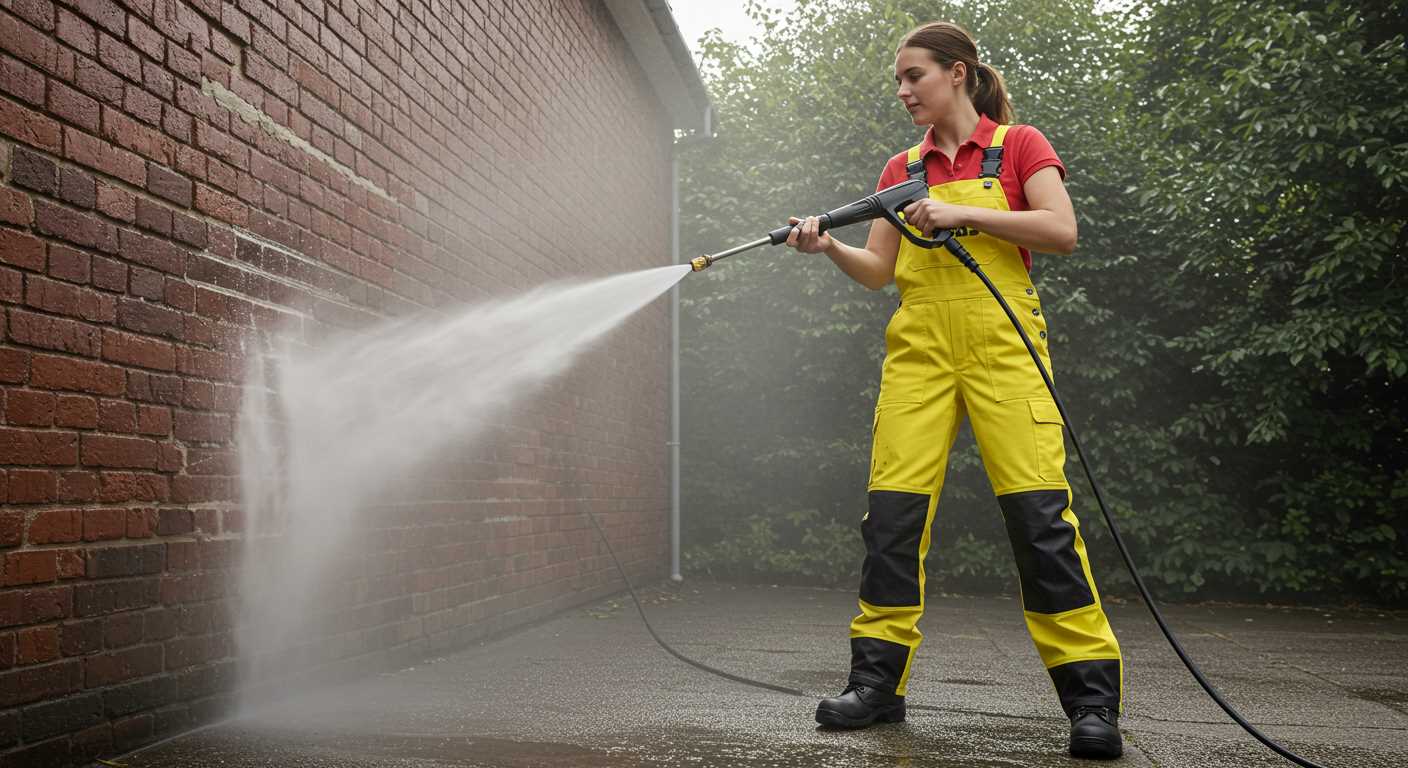
For those choosing between commercial and residential cleaning units, distinguishing their respective fluid delivery systems is key. Commercial variants are designed for rigorous applications, boasting higher water pressures and flow rates. Typically, they feature triplex piston arrangements, which offer durability and performance over extended periods. This makes them suitable for heavy-duty tasks such as removing grease or tackling large-scale clean-ups.
In contrast, residential models employ axial cam pumps, which are easier to maintain and generally more affordable. These devices adequately handle everyday tasks like washing cars or patios. However, their longevity may not match that of commercial counterparts under constant heavy use.
Performance Metrics
When assessing performance, look at flow rates measured in litres per minute (LPM) and pressure measured in bar. Commercial pumps usually exceed 15 LPM and 200 bar, making them far superior for tough jobs. While residential units often fall below these thresholds, they excel in cost-effectiveness, balancing performance for lighter tasks.
Maintenance and Longevity
Maintenance is an area where residential units shine with simpler designs allowing for DIY repairs. Commercial units might require professional servicing after prolonged use due to their complex build. If longevity and consistent high performance are your priorities, investing in a commercial arrangement is advisable. For occasional users, however, a residential version will deliver satisfactory results without the hefty price tag.
Maintenance Tips for Longevity of Your Pressure Washer Pump
Regularly check the oil level and quality. Change it as per the manufacturer’s recommendations for optimal performance and to prevent wear on critical components.
Inspect the inlet filter and clean it periodically. A clogged filter restricts water flow and can lead to overheating, diminishing the lifespan of the unit.
Flush the unit after each use, especially after working with detergents. This prevents chemical buildup inside the system that can corrode internal parts and impair functionality.
Store your equipment in a dry, protected area to prevent rust and damage from environmental factors. Ensure the storage temperature is suitable to avoid freezing, which can crack internal components.
Monitor hose connections and fittings for leaks. Replace any damaged parts immediately to maintain pressure efficiency and prevent further damage to the assembly.
Run the equipment without a nozzle occasionally to clear any obstructions and improve overall efficiency. This practice can also help in identifying any unusual sounds during operation.
Inspect and clean the unloader valve regularly; it regulates pressure and prevents back pressure buildup which can harm the system over time.
Lastly, maintain the motor’s cooling system to ensure it operates within the correct temperature range. Overheating can significantly shorten the lifespan of internal components.
Common Issues with Pressure Washer Pumps and Solutions
Low water pressure typically points to a blockage or worn seals within the unit. I recommend checking the inlet filter first; a thorough cleaning often resolves this issue. If the problem persists, inspect the spray nozzle for clogs or damage.
Noisy operation usually indicates a lack of lubrication or foreign object interference. Ensure that all moving parts are well-lubricated and remove any debris obstructing the pump mechanism.
Leakage can stem from several sources, primarily worn or damaged O-rings and seals. A simple replacement of these components can often restore functionality. I suggest keeping a set of spare seals on hand for quick repairs.
Overheating issues may arise from prolonged use without breaks or insufficient water supply. To prevent this, ensure a steady flow of water and allow the equipment to cool down after extended operation.
Vibration can indicate misalignment within the system. Check all fittings and ensure they’re securely fastened. If misalignment occurs frequently, consider evaluating the surface on which the unit is operated.
Lastly, an inconsistent spray pattern points towards clogged spray tips or improper nozzle selection. Clean the nozzle and verify that you’re using the correct type for the task at hand. This small adjustment can significantly improve performance.
Customer Reviews: Insights on Popular Pump Models
.jpg)
Readers provide valuable insights into various models, with many praising reliability and performance. In my experience, two models consistently stand out among users: the Annovi Reverberi and the CAT Pumps. Users often highlight the Annovi Reverberi 3500 PSI version for its ease of use and effective cleaning capabilities.
Annovi Reverberi 3500 PSI
This model is particularly noted for its durability. Users have reported longevity, often exceeding five years with proper maintenance. Feedback frequently mentions its quiet operation compared to other brands, making it an excellent choice for residential areas. Additionally, the ease of replacement parts contributes to its appeal, as users can manage repairs without professional help.
<h3}CAT Pumps 5CP Series
In discussions about high-performance options, the CAT Pumps 5CP series emerges as a favourite among commercial users. Reviews often commend its robust construction, capable of handling prolonged use without overheating. Many appreciate the variety of psi ratings, allowing for tailored cleaning experiences. Users also express satisfaction with customer service, reporting quick resolutions to any concerns.
| Model | Survey Rating | Key Features | Typical Use |
|---|---|---|---|
| Annovi Reverberi 3500 PSI | 4.8/5 | Durable, quiet, easy repairs | Residential |
| CAT Pumps 5CP Series | 4.7/5 | Robust, variety of psi ratings, good service | Commercial |
User reviews help identify which options satisfy needs and preferences. Engaging with these insights allows me to understand trends and select tools that meet expectations with confidence.
Cost Analysis: Value for Money on Pressure Washer Pumps
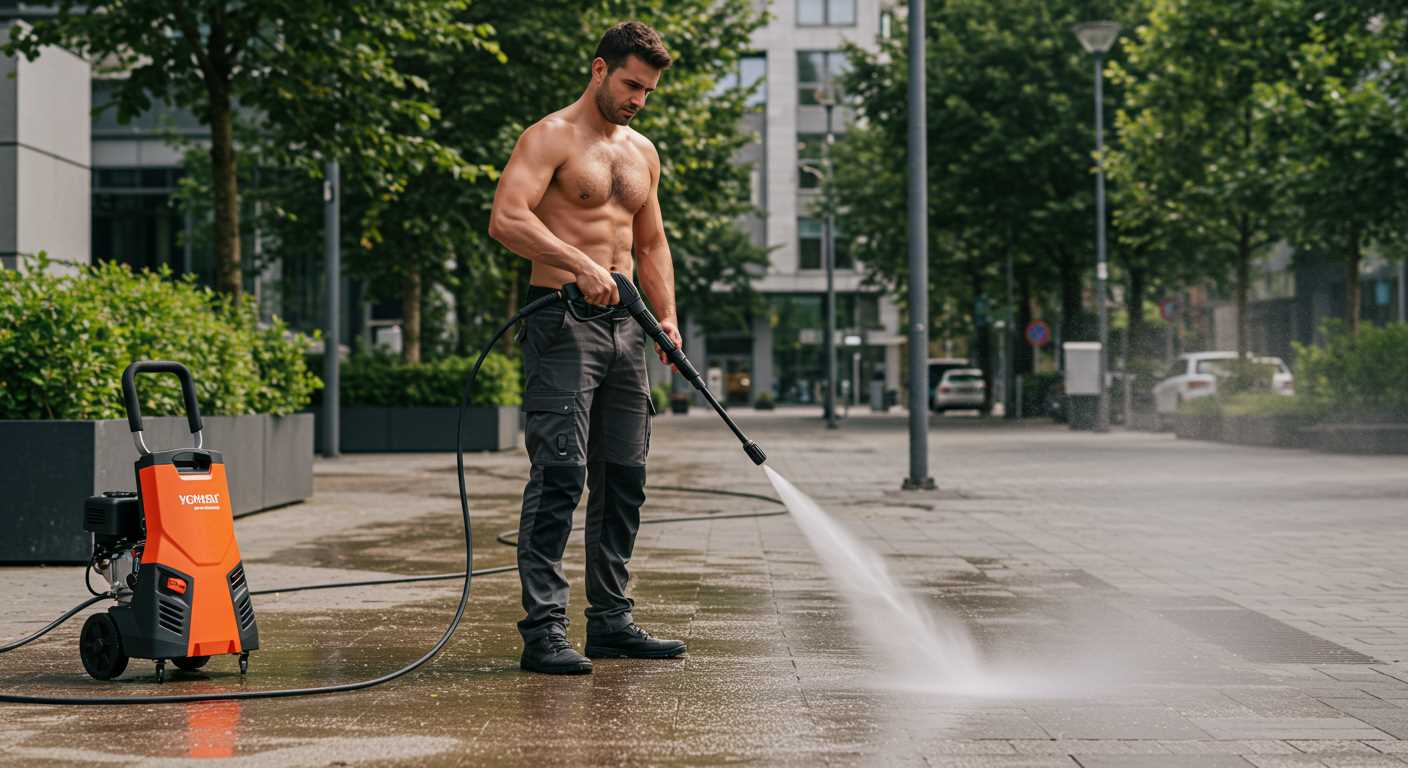
Investing in a reliable cleaning unit involves careful financial assessment. When calculating the worth of a specific pump, consider key factors such as durability, efficiency, and serviceability.
Initial Costs vs. Long-term Savings
While some options may seem expensive upfront, evaluating longevity and performance can reveal savings over time. For example:
- A high-quality pump with sturdy components may last five to ten years, whereas a cheaper alternative might require replacement within two to three years.
- Models with higher efficiency ratings consume less energy, reducing utility bills significantly during their lifespan.
- Reliable products often come with superior warranties, minimising future repair expense.
Cost-per-Use Ratio
To assess value, calculate the cost per use. Divide the purchase price by the expected number of uses over its lifespan. This ratio helps to highlight which options provide the best performance for the investment.
- For instance, if a unit costs £200 and lasts for 500 uses, the cost per use is £0.40.
- Conversely, a lesser unit costing £100 that lasts only 200 uses would have a higher cost per use of £0.50.
This analysis reveals that a more expensive yet robust selection can often be more economical in the long run. Ultimately, assessing the total ownership cost, from purchase to disposal, yields a clearer picture of financial wisdom in pump procurement.
FAQ:
What are the key brands known for making high-quality pressure washer pumps?
Several brands consistently receive recognition for their pressure washer pumps, each known for distinct advantages. Brands such as CAT Pumps and General Pump are often cited for their robust construction and reliability, making them favourites among both professionals and DIY enthusiasts. Another notable brand is Everbilt, which is appreciated for its affordable yet effective options, particularly for home use. Furthermore, Ryobi and Honda provide electric and petrol options, respectively, renowned for ease of use and performance. Each brand has its strengths, so selecting one will depend on your specific needs and preferences.
How can I determine which pressure washer pump is best for my specific cleaning tasks?
To choose the best pressure washer pump, start by assessing the types of tasks you plan to undertake. For light cleaning jobs like washing cars or patios, a pump with a lower PSI (pounds per square inch) rating, around 1300-2000 PSI, is sufficient. For more demanding jobs, such as removing paint or deep cleaning sidewalks, consider pumps with ratings of 3000 PSI or higher. Additionally, look for features like adjustable nozzles and compatibility with various cleaning solutions to enhance performance. It’s also advisable to read reviews and consult user ratings, as these can provide insights into reliability and effectiveness based on real-world experiences.
What factors should I consider when comparing pressure washer pumps?
When comparing pressure washer pumps, several factors should guide your decision. Firstly, evaluate the PSI and GPM (gallons per minute) ratings, as these metrics indicate the pump’s cleaning power. Next, consider the pump type; axial cam pumps are more straightforward and typically suitable for occasional use, while triplex pumps offer durability and efficiency for frequent, heavy-duty cleaning. Case material is also important; brass components often last longer than plastic. Lastly, take warranty and customer support into account, as these can significantly impact your long-term satisfaction with the product. Ensuring that the pump is compatible with your pressure washer and meets your cleaning needs is imperative.
Can I replace my pressure washer pump with one from a different brand?
Replacing a pressure washer pump with one from a different brand is possible, but several factors need consideration. Firstly, ensure that the new pump is compatible with your existing pressure washer model in terms of mounting, connection type, and performance specifications. Check the PSI and GPM ratings; ideally, they should match or exceed the original pump’s output. Additionally, confirm that the new pump fits within your pressure washer’s power limits to avoid damaging the machine. Installation may require technical know-how, especially if adjustments to hoses or fittings are necessary. If unsure, consulting a professional or referencing the pressure washer’s manual can provide necessary guidance.
What is the typical lifespan of a pressure washer pump, and how can I extend it?
The lifespan of a pressure washer pump can vary greatly, generally lasting from 500 to 2000 hours of use, depending largely on the type of pump and maintenance practices. To extend its life, regular maintenance is key; this includes ensuring the pump is always filled with the appropriate oil and that it is not run without water, as this can cause severe damage. After each use, it’s advisable to flush the pump to remove any residue from cleaning agents. Additionally, storing the pressure washer in a dry, safe environment can prevent rust and deterioration. Regular inspection for leaks and wear will also allow you to address issues before they lead to pump failure.



